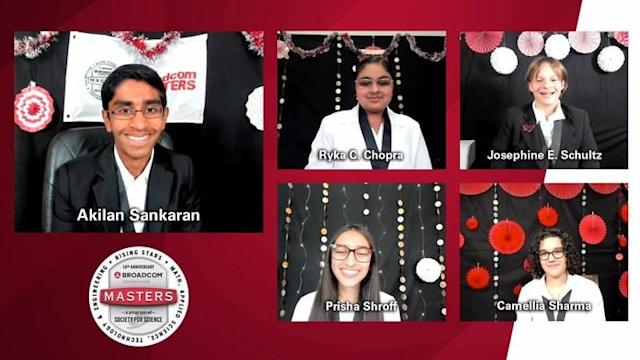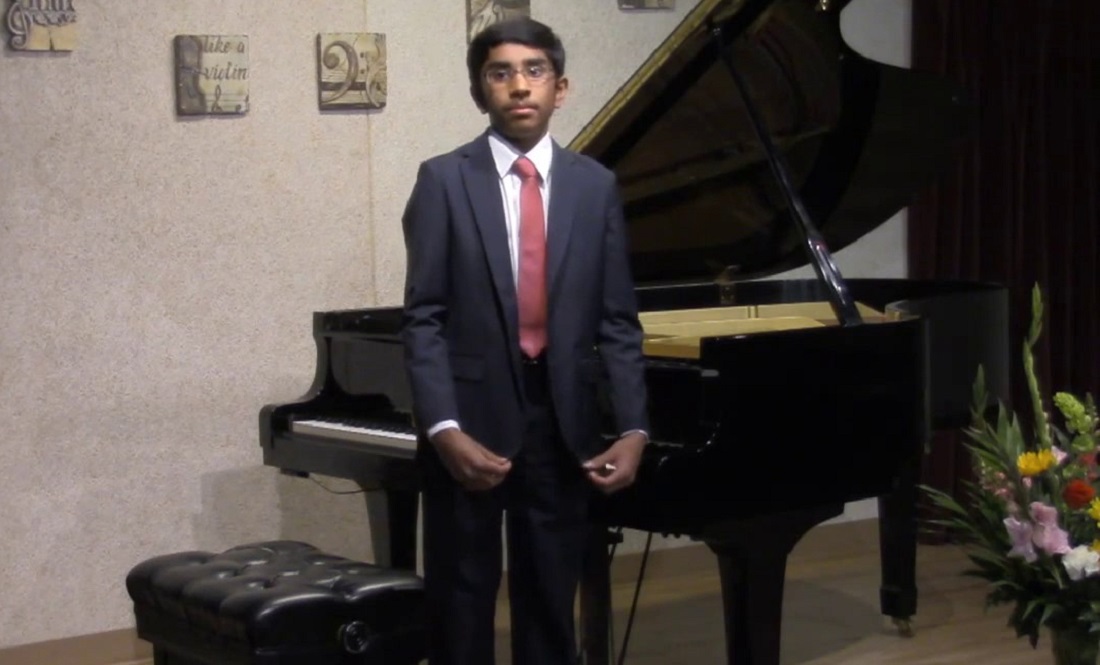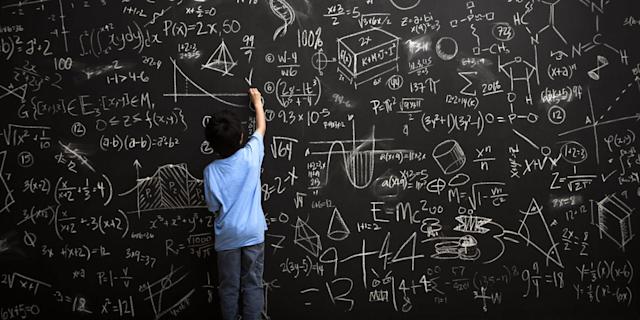A 14-year-old mathematician, Akilan Sankaran, won a prestigious award for his discoveries on ‘antiprime numbers’–
The following written content by Nell Clark
Akilan Sankaran, 14, is on his school’s varsity track team, plays piano, the flute and drums and yet somehow still found time to discover a computer program that could speed up some of your favorite apps.

That discovery won the ninth-grader from Albuquerque, N.M., the $25,000 Samueli Foundation Prize, the top awardin the Broadcom MASTERS, a highly-competitive science and engineering competition for middle school students.
For his winning project, Akilan wrote a computer program that has the potential capacity to make everyday tasks online run smoother and more efficiently. The program he created can calculate antiprime numbers, which are highly-divisible numbers of more than 1,000 digits, and he discovered a new class of functions to analyze these numbers’ divisibility.

“We use these numbers all the time in our daily lives without even thinking about it,” Akilan said in his project presentation. “Because we have a natural tendency to want to split things into smaller groups. For example, 60 is a highly divisible number, and we use it to divide time as there are 60 seconds in a minute and 60 minutes in an hour.”
In a similar way, highly divisible numbers are useful in computing because they can be used to divide data among computer processors, Sankaran explains.
The computer program he created could one day help speed up apps like Shazam and optimize other software as well. You can read more about his research here. Sankaran is the first student with a math project to take home the competition’s top prize in its 11-year history. He reports his long-term goal is to become an astrophysicist.
Sankaran was chosen as the top winner out of over 1,800 students. Finalists submitted projects and also competed in a virtual competition where they were tested on their critical thinking, communication, creativity and collaboration skills.
A big theme among this year’s other winners: Studying the environment.
Camellia Sharma, 14, from Henrico, V.A., won an award for the project FishPopAI: Counting Fish Population using Artificial Intelligence. Camellia built a 3D-printed aerial drone/boat that can land on water and take underwater photos, which software she created then uses to measure fish populations. Prisha Shroff, 14, of Chandler, Ariz., also dealt with surveying the natural world: Prisha invented an AI-based wildfire prevention system that identifies fire-risk areas by using satellite and meteorological data.
Josephine E. Schultz, 14, from San Antonio, studied how light pattern changes can affect the emergence of painted lady butterflies from chrysalises by up to two days. Ryka C. Chopra, 13, from Fremont, Calif., won by geocoding the locations of fast-food restaurants to analyze if they’re built near populations of obese people, potentially contributing to obesity cycles.
The students don’t just win acclaim and award money for themselves: The schools of each of the competition’s 30 finalists will receive $1,000 to boost their STEM initiatives. A full list of the winners can be found here. Read more from NPR.
Here’s an interesting video for your interest:






